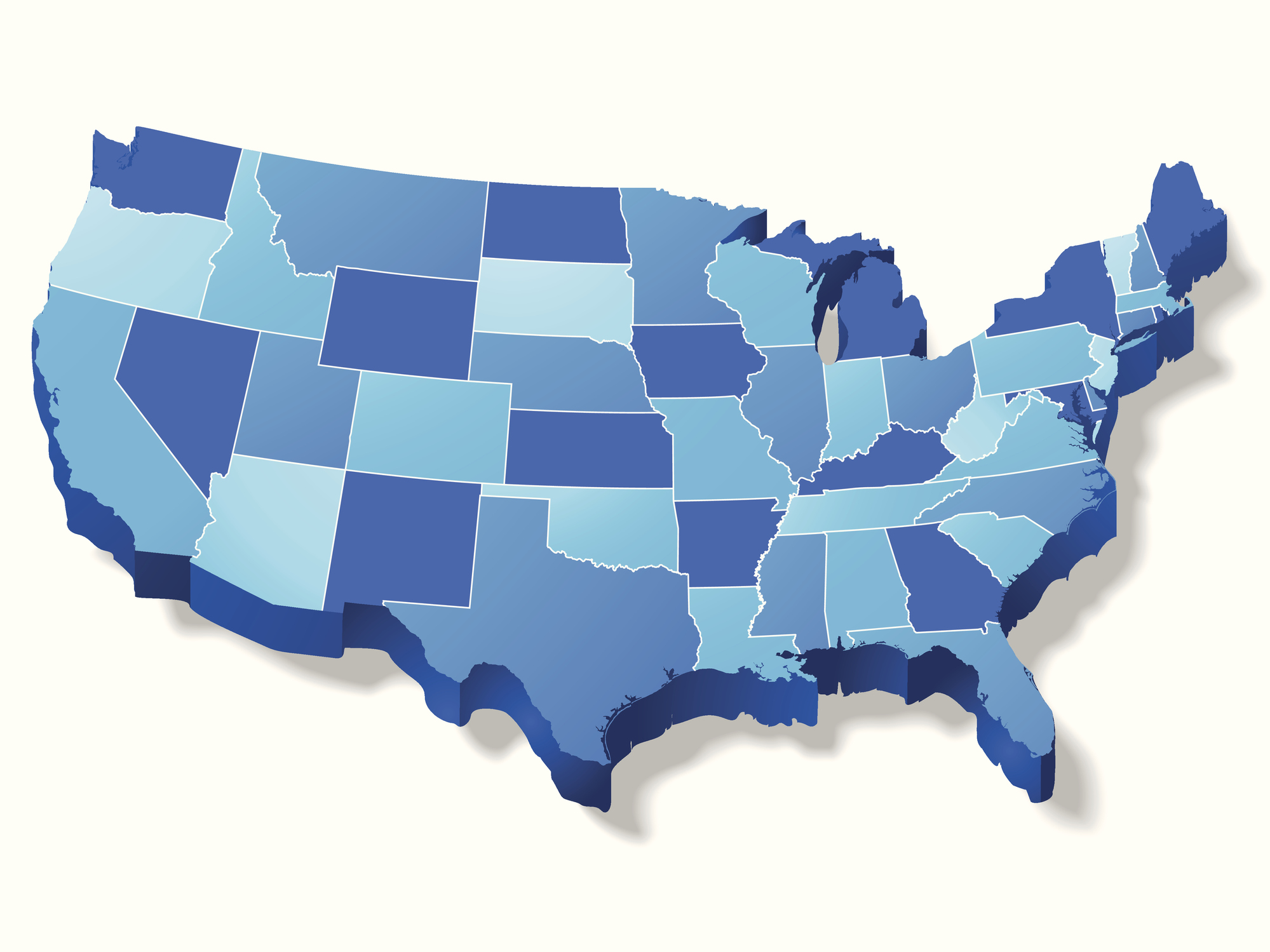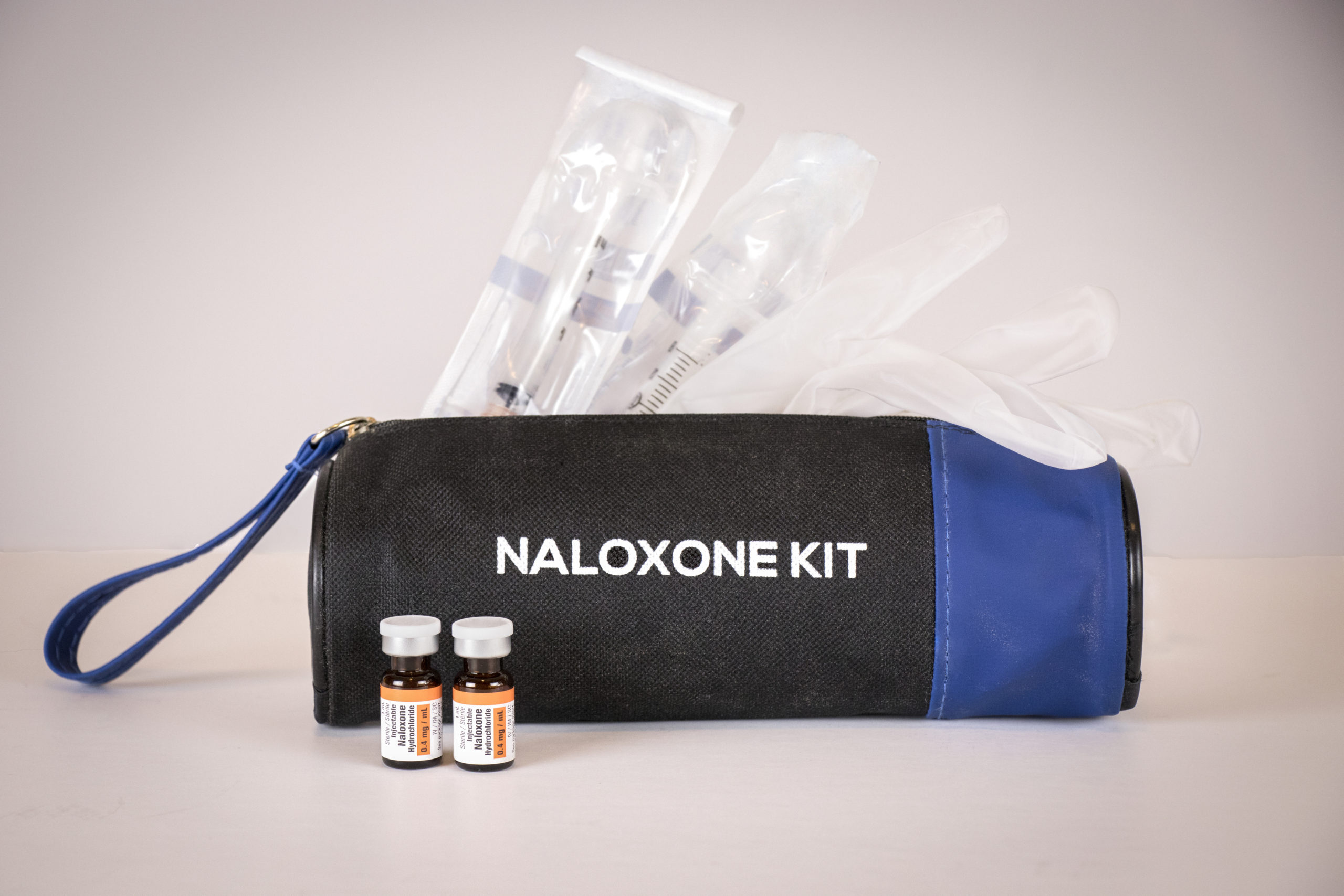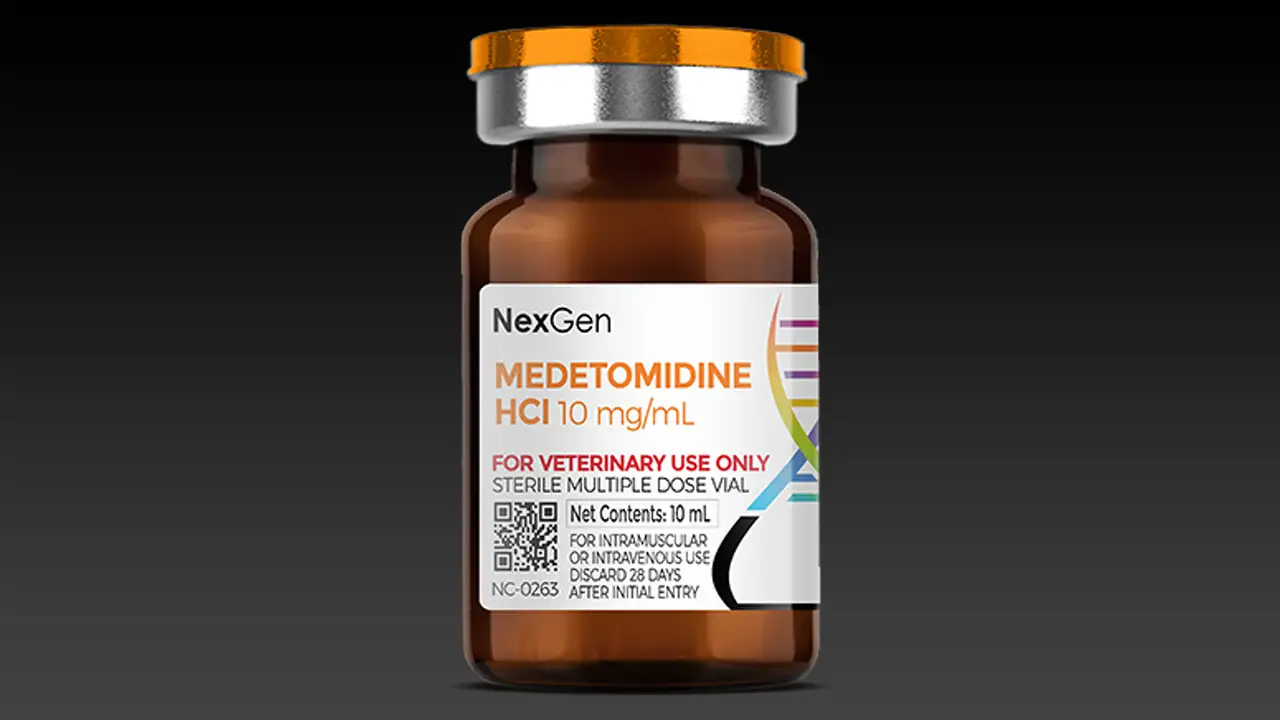Overdose Fatality Review Summary of State Laws
Beginning in 2020, the Legislative Analysis and Public Policy Association (LAPPA) undertook an ongoing research project to identify both currently-in-force statutes and recently proposed legislation related to overdose fatality review (OFR), throughout all 50 states, the District of Columbia, and U.S. territories, titled “Overdose Fatality Review Boards: State Laws” (previously updated February 2021). This document represents the latest iteration of that project, with information updated through December 2023. As of that date, 18 states have laws authorizing the establishment of state-level and/or locality-level OFRs....












